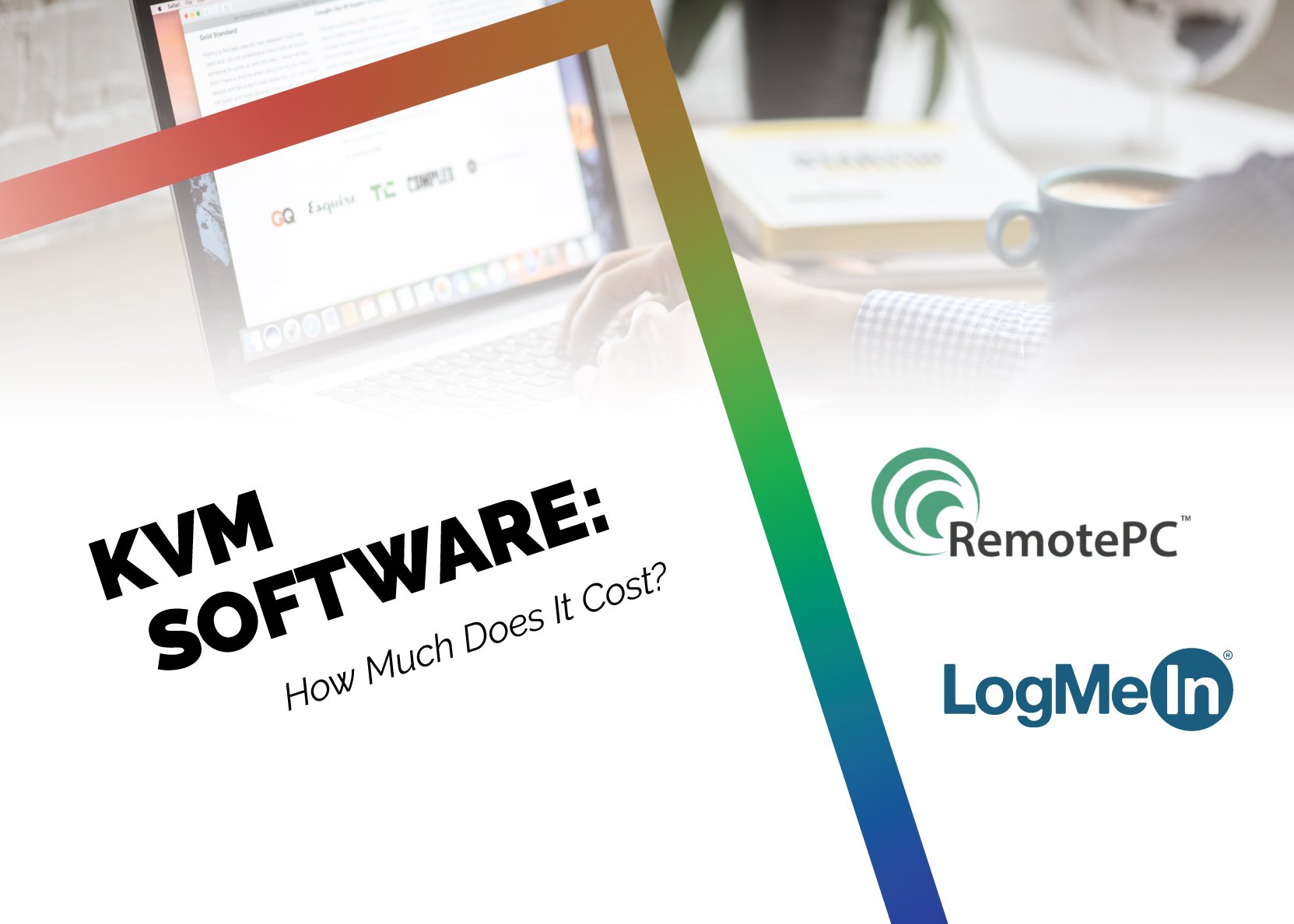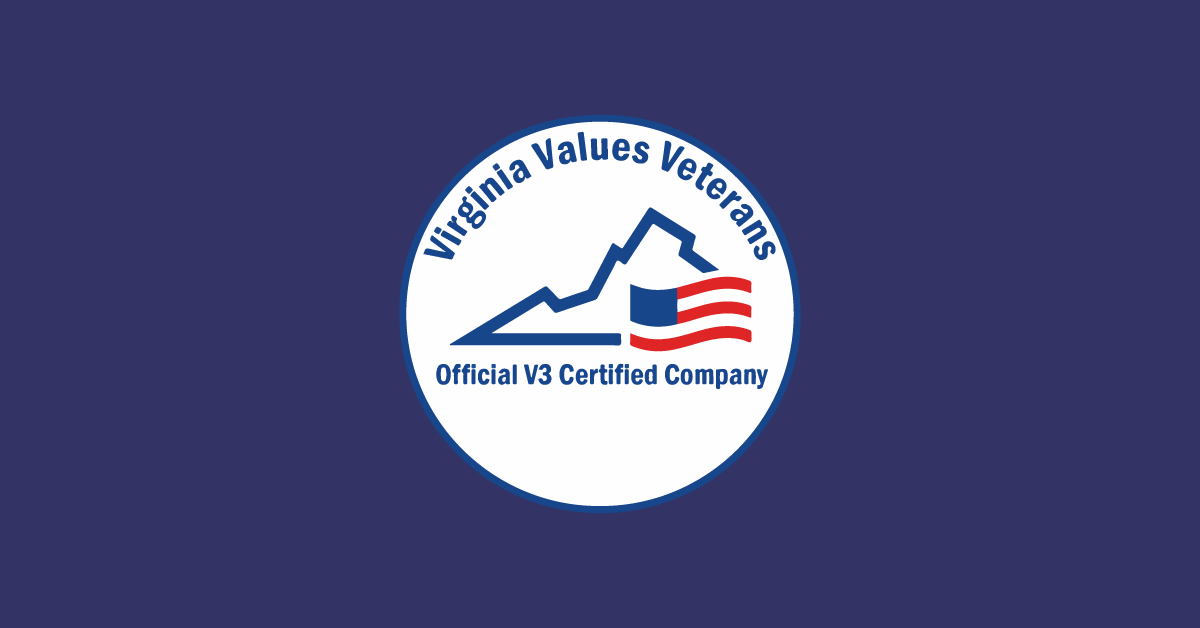3 min read
Building Culture That Works: Cobb Tech Named One of VA's Best
Cobb Technologies has been honored as one of the 2025 Best Places to Work in Virginia by Virginia Business and Best Companies Group. This prestigious...

KVM software is a simple and secure method of working from home. As more businesses are experiencing the necessity of allowing employees to work from home as a rule rather than an exception, decision makers are left with two choices for ensuring their remote workers can access their network securely: through the use of a VPN (Virtual Private Network), or KVM (Keyboard, Video, and Mouse) software.
In this blog, we’ll cover the cost of implementing two of the most popular KVM software options: LogMeIn and RemotePC. Before we cover those costs, however, we need to go over the differences between a VPN and KVM software, so you can make the best choice for your organization’s remote workers.
Both options come with their own set of pros and cons. Let’s quickly cover those:
You may notice that there are more VPN benefits than there are attributed to KVM software. While a VPN is a great option for most work from home situations, there is one glaring error: it requires every employee to use the VPN 100% of the time. All that must happen for a hacker to hijack an employee’s connection to your network is for an employee to simply forget to log-in to the VPN one time.
If an employee doesn’t use the VPN 100% of the time, a hacker can use this oversight to their advantage — and even if the employee logs onto the VPN after the hacker has hijacked their connection, the hacker can easily steal the credentials to access the VPN. If this happens, there is nothing standing in between the hacker and your network.
Using KVM software is a much more situational solution to the working-from-home-securely problem. KVM software like LogMeIn or RemotePC creates a one-way connection between your employee’s device at home, to a device that is physically located in your office, and connected to your office’s network.
Essentially, KVM software turns your employee’s at-home device into a remote control for their device at their workstation in the office. Through this connection, the only data that is passed between your employee’s personal laptop and their workstation is keyboard and mouse data. This makes it incredibly difficult for a hacker to parse any significant information for them to use to gain access to your network.
Since all the hacker can see are random clicks and keystrokes, they will eventually give up and move on to an easier target. Using this connection, your employee can access all of their files just like they would in the office — because, as far as their workstation is concerned, they are in the office.
There are a few caveats to KVM software, however. The first is the most obvious — the workstation an employee needs to connect to must be powered on before the connection can be made.
Secondly, if your employee is using a work laptop that they brought home, they won’t be able to benefit from KVM software, because the device they connect to must be in your office’s Wi-Fi network’s range. If their device is located off premises, it won’t be able to connect to your offices network. In this case, the best route is definitely a VPN.
For businesses that make use of desktop computers, KVM is a great option, however. And, as an added bonus, can end up costing you a lot less that a VPN.
The most popular KVM software is LogMeIn, which offers three-tiered pricing options: Individual, Power Users, and Small Business.
Through LogMeIn’s Individual plan, you’ll be able to remotely access up to two computers, support unlimited users, conduct remote printing, access 1 TB of file storage, and one free license to LastPass, a password organizer, for $30 per month.
Through LogMeIn’s Power Users plan, you’ll have access to all of the functionalities listed above, plus the ability to connect with up to five computers, and three free licenses to LastPass, for $70 per month.
Through LogMeIn’s Small Business plan, you’ll have access to all of the features listed above, plus the ability to connect to ten computers, and five free licenses to LastPass, for $129 per month.
All of LogMeIn’s plans are billed annually, so be prepared for a steep upfront cost when purchasing their service.
Another option is RemotePC, which offers much of the same functionality as LogMeIn, and has four tiers of pricing:
With RemotePC’s Consumer plan, you’ll be able to remotely access up to two computers, transfer files, conduct remote printing, host video conferences, and share AR (augmented reality) power video, for $22.12 per user per year.
With RemotePC’s SOHO plan, you’ll have access to all of the functionalities listed above, plus remote access to up to ten computers, for $52.12 per user per year.
Through RemotePC’s Team plan, you’ll have access to all of the features listed above, plus remote access to fifty computers, and 24/7 support — the major bonus to this plan being the plan is not limited to a single user — you can have as many users per license as you’d like.
Finally, RemotePC’s Enterprise plan gives you access to all of the previously listed features, plus unlimited user licenses, remote access to one hundred computers, the ability to organize groups, remote reboot, computer grouping, and setting custom user permissions for $374.62 per year.
Ultimately, KVM software works best with a hybrid office, with employees working both in and out of the office. While a VPN is a more adaptable solution, KVM software can be a more economical choice, especially for a small business that mainly uses desktop workstations.
For more about working from home, check out our blog, How Do I Work From Home Securely?

3 min read
Cobb Technologies has been honored as one of the 2025 Best Places to Work in Virginia by Virginia Business and Best Companies Group. This prestigious...

5 min read
Cobb Technologies is honored to hold the SWaM (Small, Women-owned, and Minority-owned Business) certification, awarded by the Commonwealth of...

5 min read
Every year, thousands of Veterans transition from military service to civilian careers in Virginia, bringing invaluable skills and experiences to...